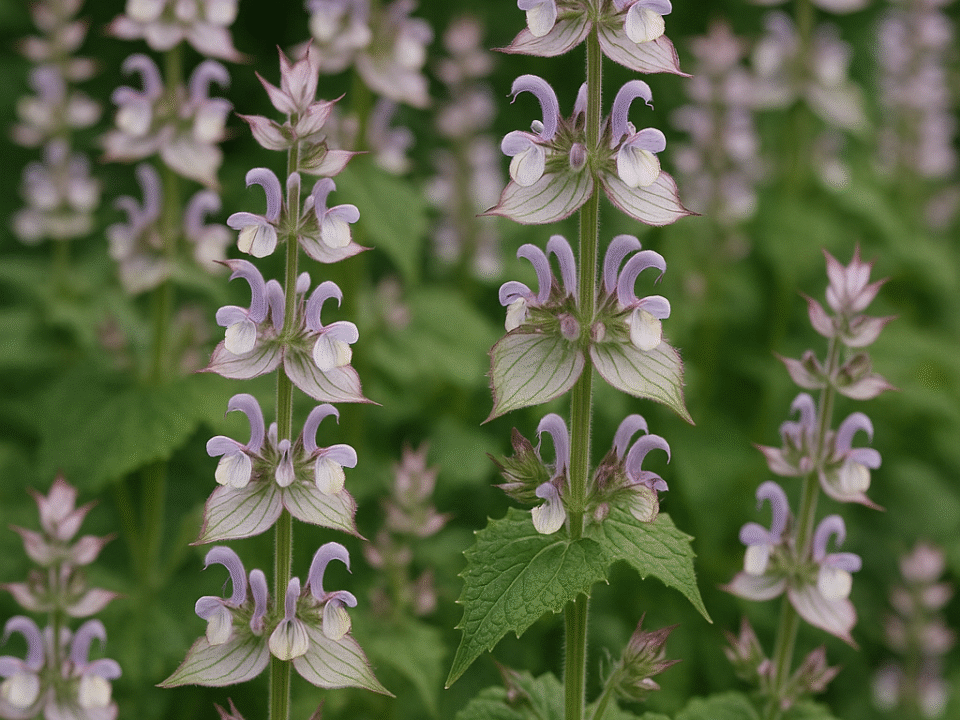
Sulfur is a core chemical element needed for biochemical functioning and an elemental macronutrient essential for all living organisms. Amino acids (e.g., methionine and cysteine) and two vitamins (e.g., thiamine and biotin) are classified as vital organosulfur compounds needed for life. Disulfides, S-S bonds, facilitate mechanical strength and insolubility of the protein keratin, which is found in hair, outer skin, and feathers.
In skincare products, sulfur is used as an exfoliant ingredient that reduces sebum, removes dead skin cells, and kills bacteria.
Sulfur acts as a keratolytic agent. Keratolytics are applied onto the lesion with the purpose of thinning the skin on and around it to make the outer layer of the skin looser and make it shed. It helps to remove dead skin cells and prevent clogged pores. Moreover, it can also be used to soften a major component of the skin, called keratin. It helps to improve the skin’s moisture-binding capacity, which is extremely beneficial for treating dry skin.
Sulfur helps to decrease sebum levels on the skin. When it is topically applied to the blemished spots, sulfur dries the skin and removes blemishes by sloughing them away.
Sulfur also has antibacterial and anti-inflammatory properties. It has the ability to kill bacteria, parasites, and fungi. For this reason, skincare products with sulfur help fight acne and prevent future breakouts.
For individuals with sensitive skin, sulfur may be drying and irritating. Products with sulfur are recommended to use for short contact. For example, it can be a cleanser that is suggested to be used once a day, preferably during the night routine due to its strong scent. It is not recommended to layer sulfur with other acne topicals, such as retinoids and salicylic acid, because they can make the skin too dry and inflamed.



